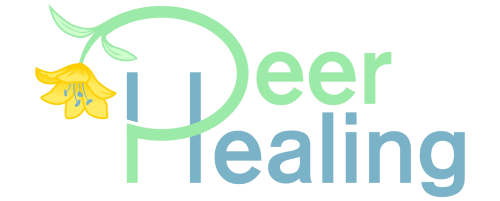Mental health is kinda my “thing.” Ask anyone who knows me- most of my free time is consumed with with running between meetings, coordinating events, and volunteering for various organizations dedicated to mental health advocacy and stigma reduction. (What the heck is stigma? Check out this, this, and this.) Before my life became about three things -school, sleep, and mental health advocacy,- I learned about mental health in the way most teens who experience loss do: through therapy.
I resisted therapy for a long time. Seventh grade is a big deal in Chicago; standardized tests that determine a third of eligibility for private high schools take place in the spring. Sure, my mom had died, but I had to keep moving forward with my academic life. After a few months, though, my dad convinced me to see my first therapist. I grew to love going to Kate. It was only a matter of weeks before therapy became my weekly outlet for all of the little annoyances that consume a middle schooler’s life. If you had told me then just how important thinking about mental health was (like the anxiety reduction strategies and coping mechanisms I developed during my time with Kate), I may not have believed you.
Fast forward seven years, and mental health advocacy constitutes close to 80% of my resumé. I was both president of my school’s Erika’s Lighthouse club and a program development intern, I am president of Indiana University’s National Alliance on Mental Illness (NAMI) chapter, I was selected to be trained by the IU health center in the peer support network Crimson CORPS, and I am currently a part of the Senior Staff of IUSA (student government) as Chief of the Health and Well-Being committee. I give mental health and depression presentations to student groups as a part of NAMI and am creating programming and policy with IUSA.
All of the training, all of the presentations, and all of the networking goes right out the window when I hit a roadblock in the grieving process, though. Around her birthday, christmas, my birthday and the day she died, I sleep less, forget to eat meals, and I there’s a self-defeating monologue on repeat inside of my head.
I struggle with my mental health. I could type out a whole long list of facts and figures (1 in 4 college students are living with depression), red flags (loss of interest in activities, disrupted sleeping and eating), and resources (Erika’s Lighthouse, NAMI, mentalhealth.gov). That doesn’t change the fact that depression and anxiety are pervasive in almost all demographics above age 13 and that the most important part of maintaining good mental health is understanding when you’re not.
Seven years after my mom passed away, I’m still learning how to incorporate her memory and legacy into who I am. I’m trying to balance that with advocacy and sleep and school- and it’s really hard. I can’t do it all the time, but with the help of my current therapist and amazing friends I know I have the tools to make it through one day and to the next. No amount of therapy can teach someone how to handle the loss of a parent. What I do know, though, is that my being proactive with my maintaining my own mental health is what gets me through the tough days.
Are you interested in learning more about mental health and mental illness? If so, a great first resource is your school. Many middle and high schools have counselors, programs, clubs, or connections to get you started.
